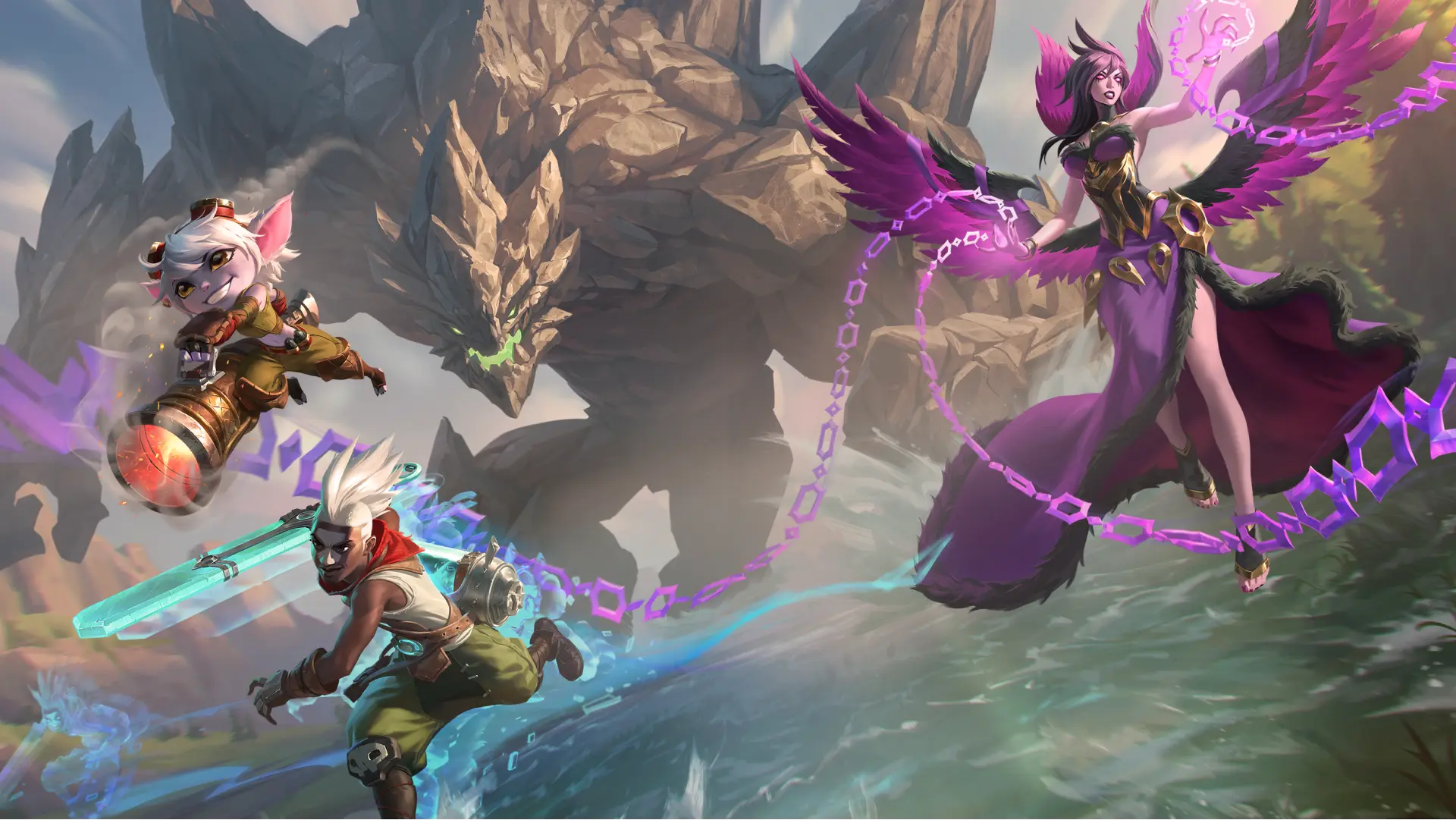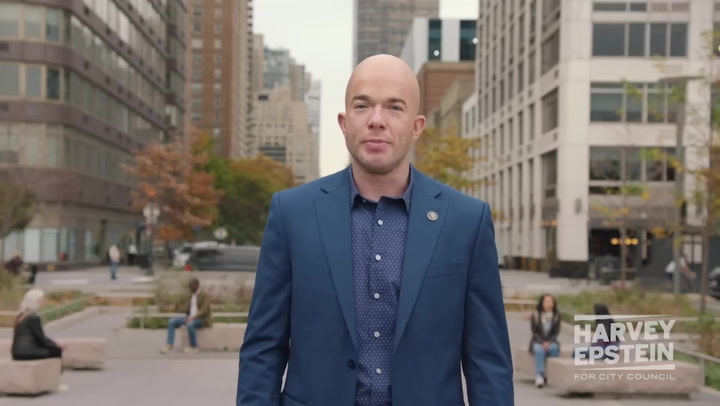In a shocking move that has sent ripples through the gaming community, Sony has officially shuttered Firewalk Studios, the developer behind the much-anticipated yet ultimately disastrous live-service shooter, Concord. This decision comes shortly after the game's unfortunate launch, which witnessed player numbers plummeting into single digits almost immediately after its release. Today, we take a closer look at the closure of Firewalk Studios and its broader implications on the gaming industry.
Firewalk Studios, a fresh face in the gaming landscape, was established with high expectations. With its talented team and the promise of innovative gameplay experiences, many had high hopes for Concord. However, despite the initial excitement, the game failed to deliver. Players quickly voiced their concerns over a lack of engaging content and gameplay depth, leading to a drastic drop in the active player base.
This closure is not merely a setback for Firewalk Studios but also for Sony as it grapples with the shifting landscape of game development. Following the game's release, it became evident that live-service titles require a fine balance of compelling content and player engagement, a balance that Firewalk was unable to strike. The decision to close the studio serves as a stark reminder of the volatile nature of the gaming industry, where player expectations increasingly dictate success.
The Fallout from Concord's Closure
The closure of Firewalk Studios raises questions not only about the future of its projects but also about broader industry trends. Live-service games, which aim to keep players engaged over an extended period through regular updates, can be a gamble. While successful titles like Fortnite or Destiny 2 maintain a robust player base through constant updates and community engagement, Concord was unable to do the same.
As we analyze what went wrong for Concord, several key factors emerge. Many players reported that the game felt empty and lacked the robust content necessary to maintain their interest. While initial marketing touted unique gameplay mechanics, these elements failed to translate into engaging experiences. Consequently, the community’s disappointment reflected in the game’s rapid decline.
Moreover, this isn't the first instance of a mega studio shutting down a development house post-launch failure. The closure of Firewalk can be seen as part of a troubling trend as larger publishers reevaluate their investments in studios that do not yield immediate returns. The greater reliance on established franchises and IPs may soon lead other developers to face a similar fate.
The Industry's Response to Game Closures
In the aftermath of Firewalk Studios’ closure, industry veterans have begun to weigh in on what this means for aspiring developers. Many have emphasized the importance of learning from failures rather than succumbing to despair. The gaming industry has always been a space characterized by trial and error, and as such, the lessons drawn from projects like Concord can serve as invaluable learning opportunities.
Furthermore, game development could benefit from a more nuanced understanding of player engagement. Developers and publishers are encouraged to invest in community feedback and refine their approaches before launch. Transparency about development goals and ongoing updates may foster a more loyal player base, willing to endure the growing pains alongside their favorite titles.
A significant focus now rests on the remaining live-service games in development. Developers must be prepared to navigate potential pitfalls while managing player expectations. As studios look to develop new titles, insights from the closure of Firewalk Studios may soon shape future strategies to ensure that newcomers achieve the balance of innovation with player satisfaction.
Looking Ahead: What’s Next for Sony?
For Sony, the closure of Firewalk is a wake-up call. The gaming giant has been known for its vast library of successful franchises, yet this incident forces a re-evaluation of how it approaches new IPs. As the company looks at future investments, it must now take a more hands-on approach in guiding new studios towards success.
Moreover, the focus on quality over quantity becomes more pressing than ever. With increasing competition in the gaming market, it’s crucial for Sony to ensure that any new projects aligned with its reputation are equipped for success. This closure may lead them to invest more heavily in existing, proven franchises, leveraging success rather than gambling on new developments without adequate support.
As the gaming community absorbs the news and reflects on the implications of Concord's failure, conversations around accountability and innovative practices will undoubtedly come to the forefront. The industry might prepare better in handling expectations for upcoming titles, favoring sustainability in their growth over immediate profits.
Conclusion: Learning from Tragedies
The shutdown of Firewalk Studios serves as a critical reminder for both gamers and developers. It illustrates the volatile nature of the gaming industry, where even the most promising projects can fall victim to unrealistic player expectations and market dynamics. Players, too, have a stake in this ecosystem; their passion and ideas contribute to the theoretical successes of new games.
A collaborative approach, open dialogue, and a willingness to adapt will be essential as the gaming industry navigates these choppy waters. As fans continue to rally around their favorite franchises, they must also respect the challenges that developers face in delivering experiences that resonate. Future studios will likely take these lessons to heart, fostering a culture that learns from past failures in order to craft engaging, successful titles in the years to come.




.webp)

